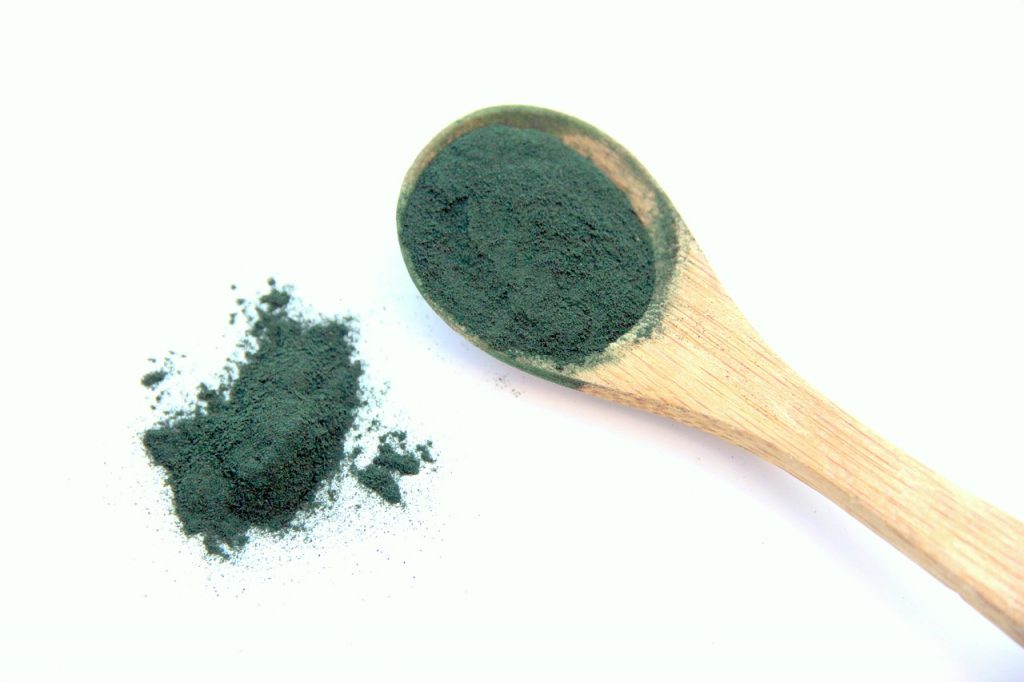If you’ve been in the health and fitness game for any amount of time, or if you’ve simply made the decision to uphold a healthier lifestyle routine, then you’ve probably heard about the popular blue-green algae called spirulina. Across the globe and in prominent health circles, spirulina is touted as one of the rare true superfoods, for many a compelling reason.

Consumed as a daily supplement, spirulina comes in powder, tablet, and even capsule form, and you can choose to mix it in foods, smoothies and drinks, or take as a part of your morning supplement routine along with your multivitamin, for example. But, just how beneficial is this gem of Mother Nature? Let’s take a look at its health benefits and why it should become a part of your diet.
Boasts the nutrients you need
One of the biggest reasons why nutritionists, doctors, and athletes love spirulina is because of its rich nutritional profile. Spirulina boasts a number of key macro and micronutrients that support a variety of healthy processes in the body, so no matter if you’re an athlete or if you just want to be healthier overall, you can’t go wrong by supplementing with this blue-green alga.
Interestingly, spirulina boasts a whopping 60g of protein per 100g grams, which is double the amount of protein of beef or chicken. Even if protein intake is not your primary concern, spirulina is rich in many crucial micronutrients, such as vitamins B1, B2, B3 and B6, vitamins C and E, magnesium, zinc, manganese, potassium, copper, calcium, chromium, and more. All in all, spirulina is one of those supplements that nourishes the entire body.
It’s great for weight loss

Weight loss is a pretty straightforward concept, no matter what the media would like you to believe. If you stay in a caloric surplus (eating more calories than you expend) you will gain weight. If you eat less calories than you expend, you will lose weight. This means that there is no magic macro or micronutrient in spirulina that will boost your weight loss results. That said, spirulina is an excellent supplement when you’re on a weight loss diet plan.
Because spirulina is nutrient-dense, it provides your body with the level of sustenance needed to support healthy bodily processes. But because spirulina is low in calories, it won’t contribute to unwanted weight gain. This is the perfect balance between getting all of the nutrients you need, without overeating and gaining weight, which is why it is a good idea to make it a part of your routine.
Improve your gut health
As the years go by, the medical and scientific communities are increasingly discovering the intricate connection between gut health and the health of your entire body, including your brain and your psychological and emotional well-being. What’s more, scientists are currently researching into the link between gut health and some brain-degenerative diseases, such as Parkinson’s.
With that in mind, there is no denying that gut health is extremely important, which is why taking a good spirulina supplement on a daily basis may help you elevate the multiplication of good bacteria in your stomach, strengthen the lining in your bowels, and safeguard your gut health as you age. Combining spirulina with other fiber-rich foods, for example, would be the ideal approach to optimal, long-term gut health.
Lower cholesterol and blood pressure

Some additional health benefits of spirulina, ones that can help you live a longer and healthier life, include reduced cholesterol and blood pressure. With its positive impact on blood lipids (fat cells in the blood), spirulina can reduce the level of bad cholesterol (LDL) while elevating the good cholesterol (HDL) with regular consumption.
When it comes to blood pressure, spirulina may be beneficial to overweight individuals and those who suffer from chronic hypertension, although more research is needed. Due to its combination of vitamins and minerals, spirulina might just be the natural remedy people can use to lower blood pressure and prevent related illnesses.
Support long-term mental health
And finally, it’s important that you retain your mental health as you age through regular exercise, proper diet, and supplementation. As it turns out, spirulina is a source of tryptophan, an amino acid that supports the production of serotonin – also known as the happiness hormone. Serotonin is involved in numerous healthy processes in the brain, and it plays a vital role in long-term mental health.
Individuals suffering from mental conditions such as mood disorders, depression, and anxiety typically have lower levels of serotonin. Supplementing with spirulina is, therefore, a good way to spike serotonin levels and elevate your mental well-being.
Wrapping up
There are only a handful of foods out there we can really deem “super”, and spirulina is definitely one of them. Now that you know just how beneficial this alga can be to your long-term health, go ahead and make it a part of your family’s daily routine.







